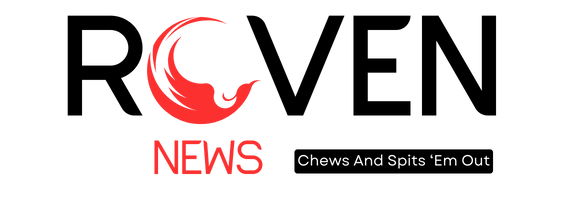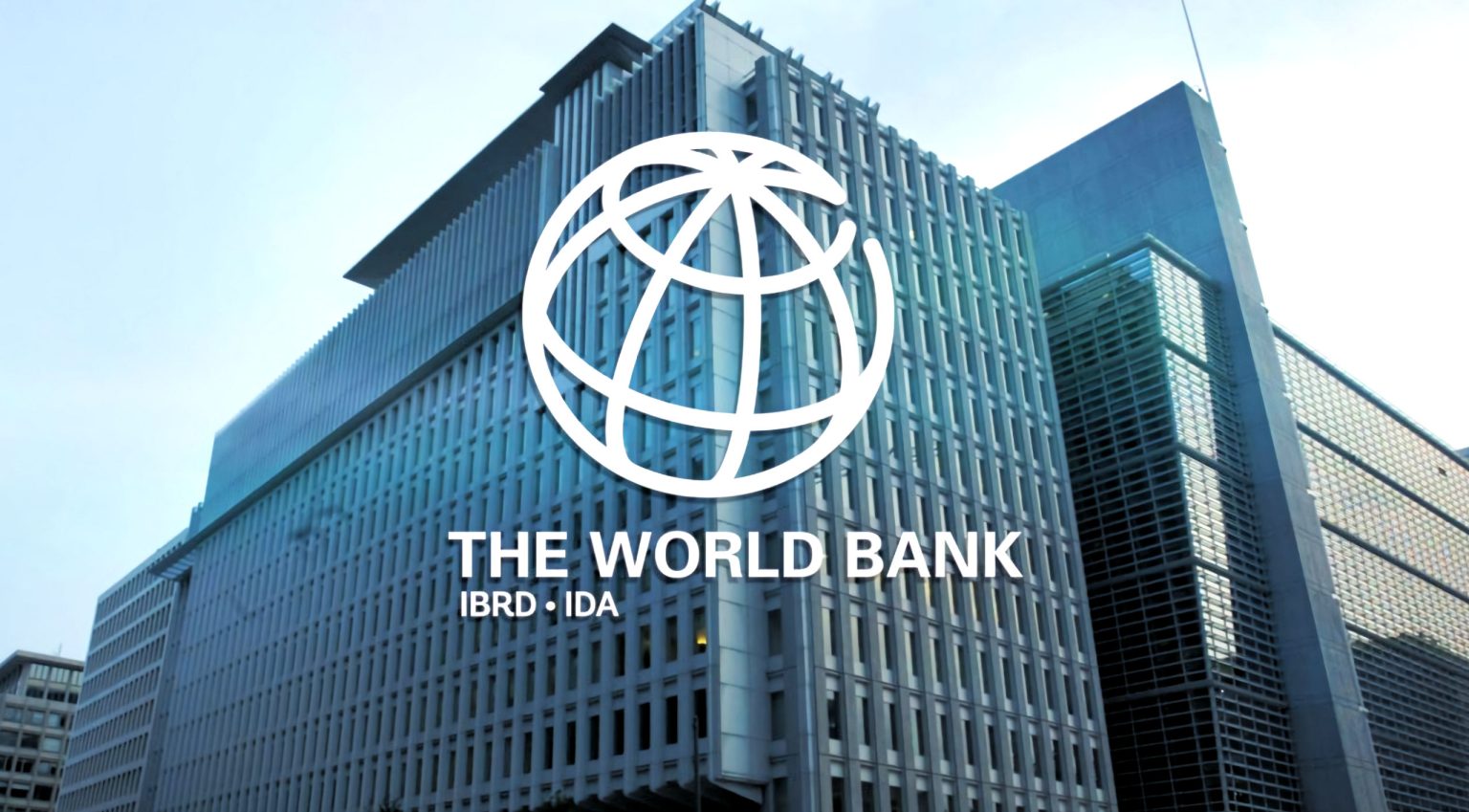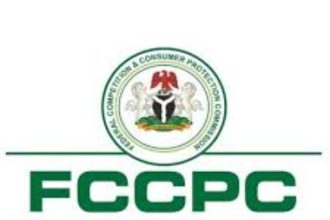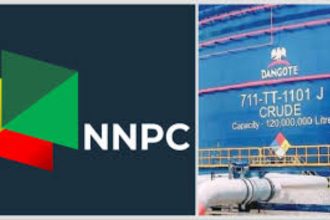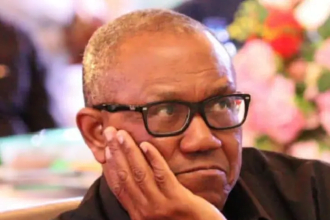The World Bank’s financial report has ranked Nigeria as the third largest debtor to the Bank’s International Development Association (IDA) as of June 30, 2024.
As per the report, Nigeria’s debt to IDA increased to $16.5 billion by June 30, marking a $2.2 billion rise, equivalent to 14.4%, from the $14.3 billion recorded at the end of 2023.
IDA, a vital division of the World Bank, offers concessional loans and grants to the poorest countries globally. These loans aim to foster economic growth, diminish disparities, and enhance living standards in developing nations. They feature low interest rates and extended repayment periods.
On top of the IDA debt list is Bangladesh with $20.5 billion, followed by Pakistan with $17.5 billion exposure.
Nigeria surpassed India to claim the fourth position with $15.9 billion after decreasing its IDA exposure from $17.9 billion in 2023. Following closely behind are Ethiopia, Kenya, and Vietnam with $12.2 billion, $12.0 billion, and $12.0 billion, respectively.
At the lower end of the spectrum, Tanzania holds $11.7 billion, Ghana $6.7 billion, and Uganda $4.8 billion in exposure.
As of June 30, 2024, the top ten countries with the highest exposures make up 63% of IDA’s total exposure. To manage these exposures in relation to the SBL, one must consider the repayment and disbursement profiles of current loans, as well as projected new loans and guarantees, as highlighted by the World Bank.
In a related development, Nigeria’s total public debt rose to N121.67 trillion in the first quarter of 2024 from N97 trillion in December 2023, mainly due to new domestic borrowing by the federal government to cover the 2024 budget deficit and disbursements by multilateral and bilateral lenders.
The Debt Management Office (DMO) reported that the total domestic debt stood at N65.65 trillion ($46.29 billion), while the external debt was N56.02 trillion ($42.12 billion).
It is crucial to address the challenges facing our nation and combat the negative impact on our citizens and workforce.
“You must not become a tool for impoverishing the workers you lead. Do not let this process be used to deprive suffering workers of their rightful benefits. Congress will strongly penalize any state council that colludes with employers, whether public or private, to cheat workers out of their entitlements.
I trust that the same unity we have at the national level will be present in all of you here, ensuring a successful implementation.
As we prepare for negotiations, it’s crucial to start organizing and mobilizing now. Let’s stay vigilant, informed, and united.
This Workshop is a crucial step in this journey, providing a platform to discuss strategies, share knowledge, and establish networks to achieve better results than in 2019. Let’s learn from our past actions and take strength in our unwavering stance against state oppression.
“As we’ve mentioned before, our leadership is a divine calling! God has a purpose for us to lead the labor movement in our nation at this time. We have remained steadfast and true to our cause. Just as we have not betrayed you, I urge you to stand firm, not betray the workers, humanity, or God. Our legacy will be defined by how we navigate this challenge – either as heroes or as betrayers. The choice is ours.”
